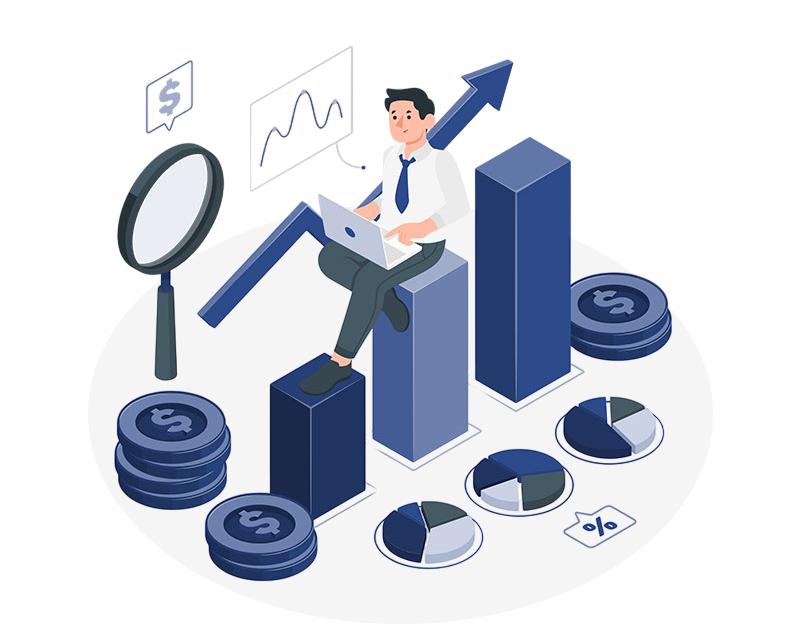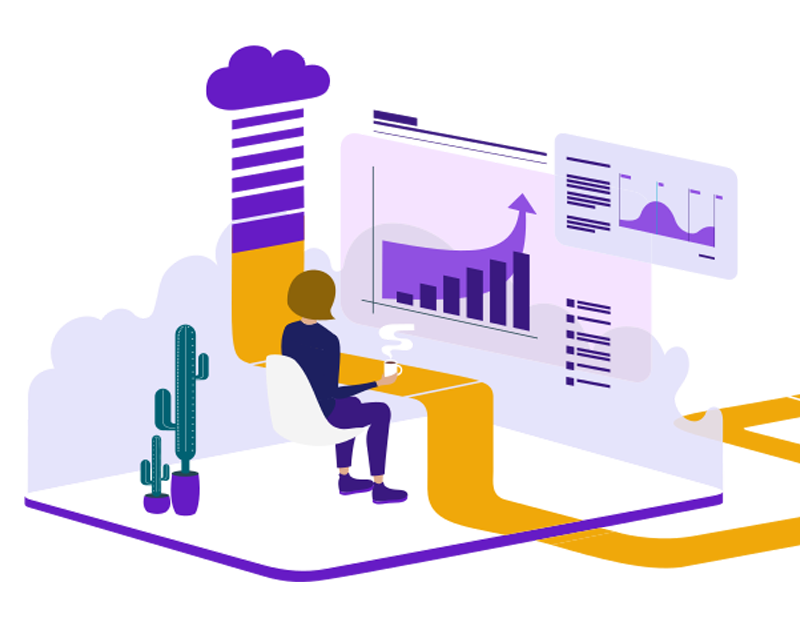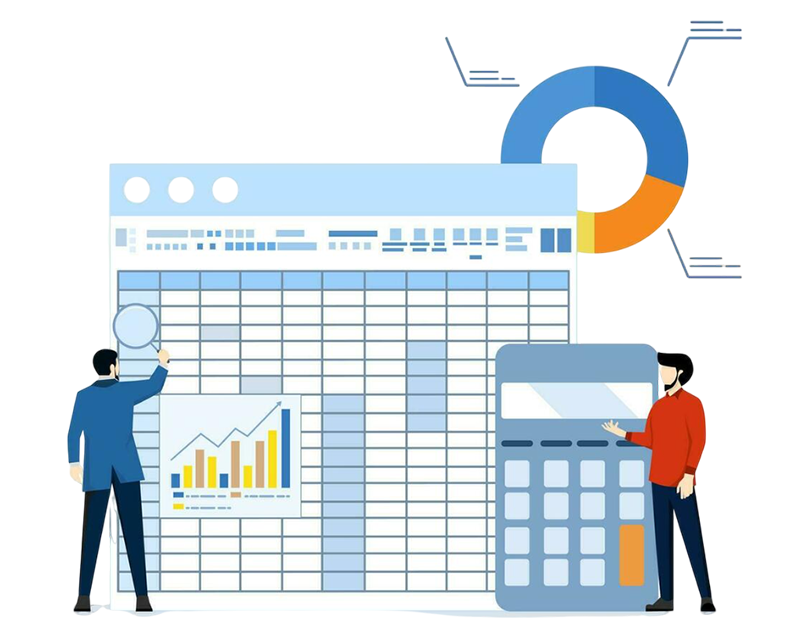S/4HANA Transformation
Home || S/4HANA Transformation
Our Services
At ApexMinds Technologies, we offer a comprehensive suite of services designed to help organizations leverage the full potential of ERP solutions and drive business growth and efficiency.
SAP S/4HANA Transformation: Revolutionizing Business Operations with Cutting-Edge Technology and Real-Time Insights
Artificial Intelligence (AI)

In the modern business landscape, AI is revolutionizing the way companies operate and make decisions. SAP integrates AI technologies across its solutions to automate tasks, provide predictive insights, and enhance customer experiences. SAP’s AI capabilities include machine learning algorithms that analyze vast datasets to uncover patterns, natural language processing (NLP) for understanding and interacting with human language, and predictive analytics to forecast future trends and outcomes. By leveraging AI, businesses can improve efficiency, reduce costs, and stay competitive in an ever-evolving market.
SAP S/4HANA

SAP S/4HANA is SAP’s next-generation ERP suite designed to run on the in-memory computing platform, SAP HANA. It delivers real-time analytics, streamlined processes, and a simplified data model. Businesses transitioning to SAP S/4HANA can expect:
- Real-Time Insights: Immediate access to real-time data and analytics enables faster and more informed decision-making.
- Simplified IT Landscape: A reduced data footprint and simplified data model lead to lower total cost of ownership and faster processing times.
- Enhanced User Experience: A modern, intuitive user interface through SAP Fiori enhances user productivity and satisfaction.
- Integrated Processes: Seamless integration with other SAP modules and external systems ensures cohesive and efficient operations.
SAP BRIM (Billing and Revenue Innovation Management)

SAP BRIM is a comprehensive solution for managing billing and revenue processes. It includes several components:
- Subscription Order Management (SOM): Automates the management of subscription-based services, from order capture to lifecycle management.
- Convergent Charging (CC): Enables complex pricing and rating for diverse industries, ensuring accurate billing for usage-based services.
- Convergent Invoicing (CI): Aggregates charges from multiple sources into a single invoice, improving billing accuracy and customer satisfaction.
SAP FI/CA (Financial Contract Accounting)

SAP FI/CA is part of the Financial Accounting (FI) module, designed for managing contract accounting and invoicing. It is especially beneficial for industries with high transaction volumes, such as utilities and telecommunications. Key functionalities include:
- Contract Management: Efficiently manages financial contracts and billing agreements, ensuring accurate and timely invoicing.
- Accounts Receivable Management: Tracks customer payments and outstanding balances, optimizing cash flow and reducing days sales outstanding (DSO).
- Dunning Process: Automates the process of sending reminders for overdue payments, improving collection efficiency and reducing bad debt.
SAP RAR (Revenue Accounting and Reporting)

SAP CRM is designed to manage customer interactions and relationships effectively. It offers:
- Sales Management: Manages sales opportunities, customer accounts, and forecasts, driving revenue growth and sales efficiency.
- Marketing Automation: Automates marketing campaigns, lead generation, and customer segmentation, enhancing marketing effectiveness.
- Service Management: Manages customer service processes, including support tickets and service contracts, improving customer satisfaction and loyalty.
SAP Core Modules

SAP’s core modules cover essential business functions, providing a comprehensive ERP solution. Key modules include:
- FI (Financial Accounting): Manages financial transactions, general ledger, accounts payable, accounts receivable, and financial reporting, ensuring accurate and compliant financial management.
- CO (Controlling): Supports cost management, budgeting, and internal reporting, providing insights into organizational performance.
- MM (Materials Management): Handles procurement, inventory management, and material planning, optimizing supply chain efficiency.
- SD (Sales and Distribution): Manages sales processes, order fulfillment, and distribution, enhancing customer service and revenue generation.
- PP (Production Planning): Supports production scheduling, planning, and control, ensuring efficient manufacturing operations.
- QM (Quality Management): Ensures product quality through inspection and quality control processes, maintaining high standards and compliance.
- PM (Plant Maintenance): Manages maintenance activities, ensuring equipment reliability and reducing downtime.
- HR (Human Resources): Manages employee data, payroll, and personnel administration, supporting effective workforce management.

